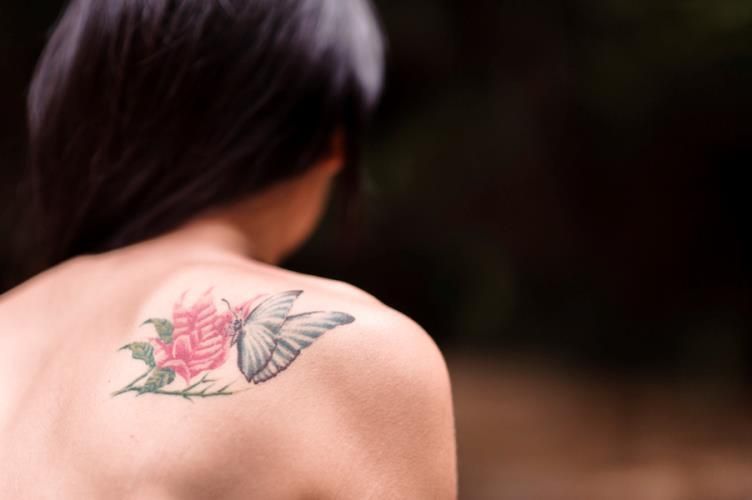Human Rights Watch, UN Human Rights Office challenge Malaysian Federal Court ruling
 On October 8 the Malaysian Federal Court reversed a lower court ruling that the state of Negeri Sembilan's prohibition on cross-dressing was unconstitutional. On entirely technical grounds, the Federal Court upheld Sharia law that prohibits "a male person posing as a woman."
On October 8 the Malaysian Federal Court reversed a lower court ruling that the state of Negeri Sembilan's prohibition on cross-dressing was unconstitutional. On entirely technical grounds, the Federal Court upheld Sharia law that prohibits "a male person posing as a woman."
The judicial decision is a serious setback in a four-year struggle by transgender activists to end arbitrary arrests of transgender women on the basis of discriminatory laws.
--Human Rights Watch
This Federal Court ruling is a major setback for transgender rights.
Trans women in Malaysia, who were buoyed by the landmark lower court decision recognizing their rights to be themselves, have been let down once again.
--Neela Ghoshal, Human Rights Watch
The court found that the three respondents – transgender women in Negeri Sembilan who had all been arrested and prosecuted simply for wearing women’s clothing – should have obtained judicial permission of a Federal Court judge when they commenced their constitutional challenge. Although a High Court judge had granted permission in November 2011, the Federal Court ruled that it had done so erroneously. The transgender women will now have to reinitiate the case, starting at the Federal Court level.
The decision overturned a historic November 2014 ruling by the Putrajaya Court of Appeal that found that a Sharia, or Islamic law, ban on cross-dressing in the southern state of Negeri Sembilan was “degrading, oppressive, and inhuman” and that so long as it was in force, transgender people “will continue to live in uncertainty, misery, and indignity.” The Court of Appeal had ruled that the law violated rights to life and personal liberty, equality, freedom from gender discrimination, freedom of movement, and freedom of speech, assembly, and association, all of which are protected under Malaysia’s constitution.
The Federal Court has abdicated its responsibility to ensure that transgender people have equal rights with all other Malaysians. By rejecting this case, the court has thrust trans people back into a legal limbo in which their very existence may be considered illegal.
--Aston Paiva, lawyers for the three transgender women who filed the case
Human Rights Watch reported on the mistreatment of Maysaysia's Mak Nyah (as transgender people have historically been called in Malaysia) citizens in 2014: I’m Scared to Be a Woman: Human Rights Abuses against Transgender People in Malaysia. The report documents abuses against transgender people in four Malaysian states and the federal territory of Kuala Lumpur.
Human Rights Watch found that state Religious Department officials and police regularly arrest transgender women and subject them to various abuses, including assault, extortion, and violations of their privacy rights.
Trans women in Malaysia face horrific abuses every day, and laws that criminalize their very identity constitute a barrier to justice. The Malaysian government should take immediate action to revoke these discriminatory laws and end the climate where ugly abuses against trans people are tolerated.
--Ghoshal
Today the United Nations Human Rights Office (OHCHR) "expressed its concern and regret over last week’s Federal Court decision to reinstate Section 66 of the Negeri Sembilan Syariah Criminal Enactment (1992) that criminalises transgender women and subjects them fines and up to six months’ jail."
This law infringes upon the rights of transgender women, including the right to live with dignity, to freedom of movement, the right to work, to equality before the law and to freedom from discrimination and freedom of expression.
The Federal Court does not only have a duty to interpret rules and procedures but must protect the fundamental rights of individuals as guaranteed under the Malaysian Federal Constitution and in line with international human rights standards.
--Matilda Bogner, OHCHR
In June in Kelantan, nine transgender women were arrested, imprisoned and fined on the basis of their appearance.
The UN noted that the secretary-general and 12 UN agencies, including OHCHR, reject laws that criminalise and discriminate against transgenders on the basis of their gender identity or expressions that violate international human rights law.
It added that states have an obligation to repeal such discriminatory laws and to legally recognise the gender identity of transgender persons.
We call on Malaysian authorities to uphold their international human rights obligations without discrimination, and to address human rights violations against transgender women.
The Negeri Sembilan government should amend Section 66 of the Negri Sembilan Syariah Criminal Enactment (1992) and similar provisions in other Malaysian states to bring them in line with international human rights standards.
--Bogner


Comments
On the other side of the world...
...but it displays that there isn't that much difference between Syariah law and the treatment of transgender people as advocated by some of our American religious opponents.
Our foreign policy establishment is so focused on TPP right now
The only thing they care about regarding Malaysia is, getting them into the TPP.